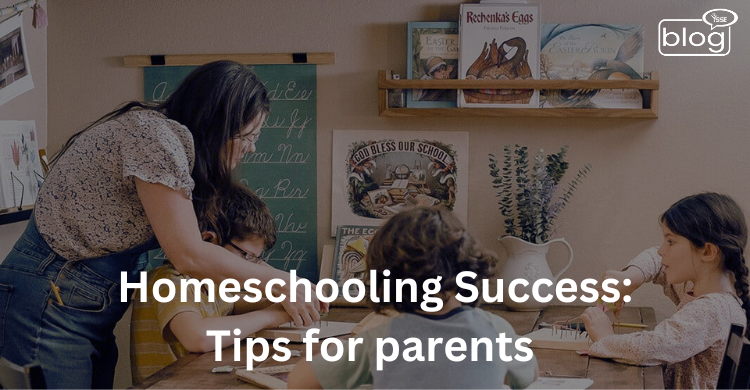Picture an imagined world where curiosity is not limited to dehumanized walls—a world that accommodates your child’s unique way of learning. Choosing the curriculum, creating the environment, inspiring the love of learning, and social-emotional development.
In fact, this is a great decision in itself, full of anticipation, excitement, and perhaps a bit of fear. It has gained more popularity today. With homeschooling, the education can be specifically designed to meet the individual needs and interests of the child. This blog is your compass for navigating the emerging and difficult course of homeschooling. From selecting the right curriculum to setting up an exciting learning environment to trying to instill a love of learning and causing social-emotional development in the process, we will help you find all the important tools and resources you need to make it happen. Here are great tips that will help your child succeed in a homeschooling environment
- Build an excellent base:
Setting goals: Setting clear academic and non-academic goals for your child will help them become more focused. Goals should be personal and customized, depending on your kids.’
Curricular selection: Select a curriculum that is very close to your child’s learning mode and your family’s values as far as possible. Conventional books, online programs, and a mix must be considered.
Days Scheduled: A daily or weekly schedule must include the time spent on the core subjects, electives, and extracurriculars. A constant routine can maintain focus and productivity.
- Create a Good Learning Environment:
Dedicated Learning Space: Have a space in your home specifically designated as a learning space. It should be a distraction-free place with a supply of all essential materials.
Positive Reinforcement: Small achievements must be celebrated for a child since positive reinforcement increases motivation.
- Effective Teaching Strategies:
Active Learning: Include practical activities, experimentations, and projects as part of your lessons. Active learning can go a long way in enhancing learning by making the activity memorable.
Individualized Instruction: Customize instruction based on the learning style of your child. Some children would be better suited with visual aids. Others may prefer it to be auditory or kinesthetic.
Regular Assessments: Allot time regularly for an evaluation of progress in your child against set targets. Use varied assessment methods such as quizzes, tests, and projects.
- Socialization and Community:
Homeschooling Groups: Cozy up with a group of people who are also homeschooling and to whom you belong for the sake of providing an open forum for your child.
Extracurricular Rounds: Your child will benefit from being involved in as many other activities as possible—sports, clubs, and community service.
- Self-Esteem Boosting for Parents:
Professional Development: Attend workshops, conferences, and/or online courses to stay abreast of anything new in educational processes and the latest teaching strategies.
Flexibility: Be flexible and adaptable throughout the time phases so that the changes don’t affect you negatively. Perhaps your parent wants to do his or her best—to go into reality in a successful homeschooling experience. Remember that a parent-child relationship, an environment for learning, and a commitment to a lifetime of learning are keys to success.
To read more blogs like this, click here.
Writer
Mahfuza Amir Ela
Intern, Content Writing Department
YSSE

